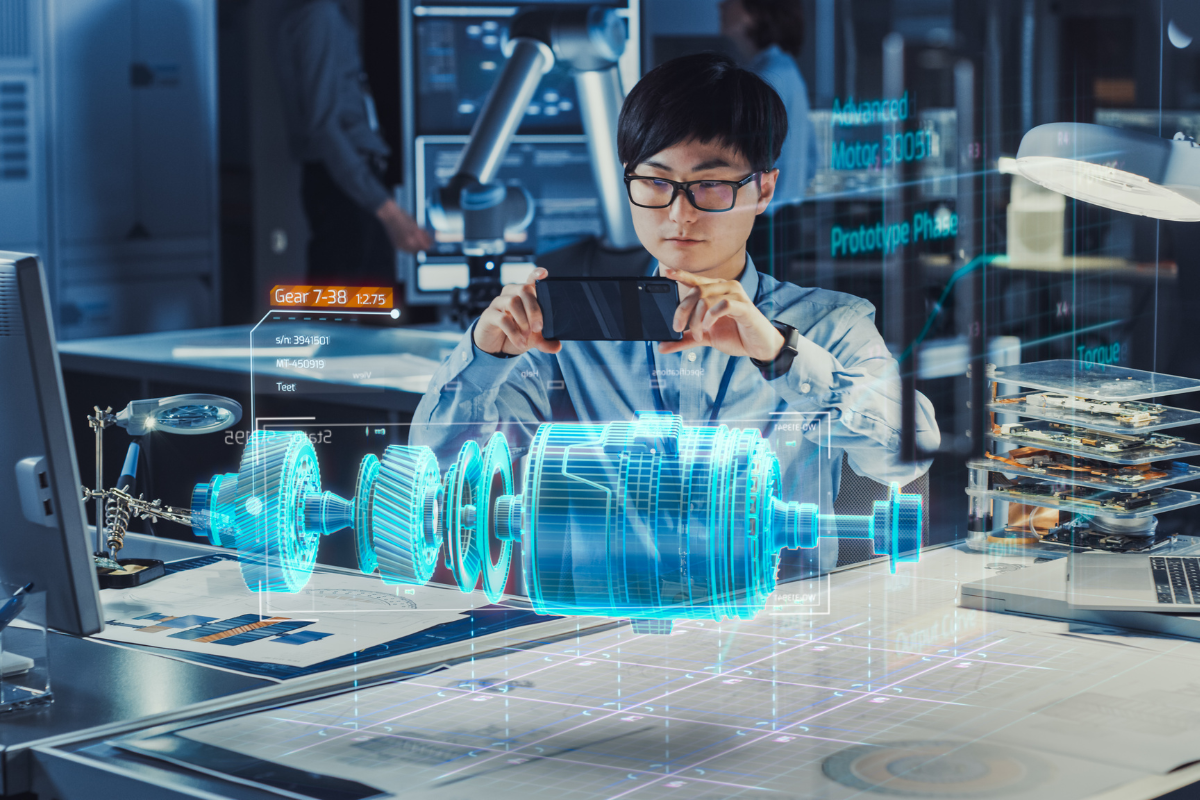The digital era that we live in sees technology evolving at a very fast pace, constantly bringing progress and change to almost all industries out there.
However, due to the nature of their operations, online businesses have been at the forefront of the transformation brought by the latest tech innovations.
Thanks to all the modern tools available to both retailers and consumers, the online business landscape has been revolutionized, and if you’d like to learn more about the key tech innovations behind it, continue reading.
AI And Machine Learning
Artificial intelligence today continues to be one of the most important technology trends out there, and as such, it is expected to show a significant effect on the ways we live and work.
At the moment, Al is already well-known for its excellence in image and speech recognition, ride-sharing apps, smartphone personal assistants, navigation apps, and much more.
Thanks to its broad usage possibilities, the AI market is expected to reach $190 billion in revenue by 2025. On top of that, global spending on AI systems and other cognitive tools is projected to make more than $57 billion by the end of this year.
Machine learning, as one of the key subsets of artificial intelligence, also entered all sorts of industries, and not only that the two technologies continue to change the way online businesses operate, but they’re about to create several new job positions as well.
When it comes to e-commerce companies, AI and machine learning help retailers improve their online shopping experiences by offering personalized recommendations, chatbots powered by artificial intelligence, visual product search, as well as enhanced fraud detection.

Virtual Reality (VR) and Augmented Reality (AR)
Online businesses continue to adopt innovative technologies like VR and AR, which allow them to provide their clients with immersive shopping experiences and exciting new ways to showcase their products.
Such technologies are embraced by many different industries, from the best gaming platforms to e-commerce organizations and educational companies.
Of course, the impact of AR and VR is particularly interesting in the example of e-commerce brands, since it helps them create unique experiences for all their customers.
Thanks to VR and AR, online shoppers can enjoy realistic product visualization that helps them picture the product in daily use.
Next, many fashion brands already reap the benefits of virtual try-on tools that allow customers to see how an item would look like on them, without having to try it on.
Additionally, some companies introduced amazing virtual showrooms where buyers can explore the products online and interact with them as if they were present in a land-based store.
Blockchain Technology
Blockchain is another factor that keeps transforming online businesses, and its main advantages lie in the security and transparency of web-based operations it provides.
For example, blockchain creates perfect conditions for efficient supply chain management processes where each product’s journey is monitored and recorded.
Next, blockchain offers incredibly secure online payments where all the transactions are encrypted and processed by a decentralized network which minimizes the chance of fraud.
On top of that, blockchain introduces the use of smart contracts that automate plenty of e-commerce transactions, as well as some aspects of delivery and shipping.
Moreover, blockchain facilitates the creation of decentralized marketplaces where buyers and sellers can interact with each other without the interference of middlemen. This results in reduced fees and a much greater sense of transparency and trust.
Once trust is established, retailers can strengthen it through attractive loyalty programs that are also supported by blockchain. Such programs create the grounds for sellers to reward their loyal fans by treating them with valuable points or tokens.
Logistics And Delivery Automation
Automation is one of the core factors behind the tech revolution within the e-commerce landscape, and businesses frequently use it to streamline and enhance both logistics and delivery.

As a result, they get to enjoy reduced costs and increased customer satisfaction. First and foremost, innovative companies introduced automated warehouse management where inventory is handled by robots.
This type of logistics minimizes the need for labour and moves the existing workforce away from repetitive and time-consuming tasks.
Additionally, organizations can significantly reduce transportation costs by adopting autonomous delivery vehicles that at particularly efficient when it comes to last-mile package delivery.
Next, automation helps the development of predictive analytics that can forecast product demand which allows managers to create optimized delivery routes.
This feature is complemented by real-time tracking which makes it possible for customers to get detailed information about the exact location of their orders and the expected delivery times.
Finally, businesses can boost their efficiency through automated returns management where the entire process is streamlined and geared towards customer satisfaction.
Internet of Things (IoT)
The Internet of Things (IoT) has opened a new era of e-commerce operations. The use of connected devices like cameras and sensors provides today’s businesses with real-time information about the behavior and preferences of their target consumers.
Moreover, it also supports innovative logistics methods, as well as enhanced customer service. For example, many businesses opt for the use of chatbots powered by IoT sensors that provide personalized customer service at all times.
The use of connected devices also companies to finalize orders and track shipments through smartwatches and home assistants that rely on IoT.
This practice improves client satisfaction, as well as various operational efficiencies. On top of that it can help retailers provide personalized recommendations boosted by precisely targeted ads and promotions.
For instance, the use of smart mirrors in fashion stores allows the brands to suggest pieces of clothing and accessories based on the person’s style, size, and color preferences.
Online businesses are part of an incredibly dynamic industry that is expected to grow and develop even further.
E-commerce has already gone through a series of transformations in the past decade, and thanks to exciting innovations such as artificial intelligence, machine learning, AR, VR, and others, it continues to evolve, making us all eager to see what will come shortly.